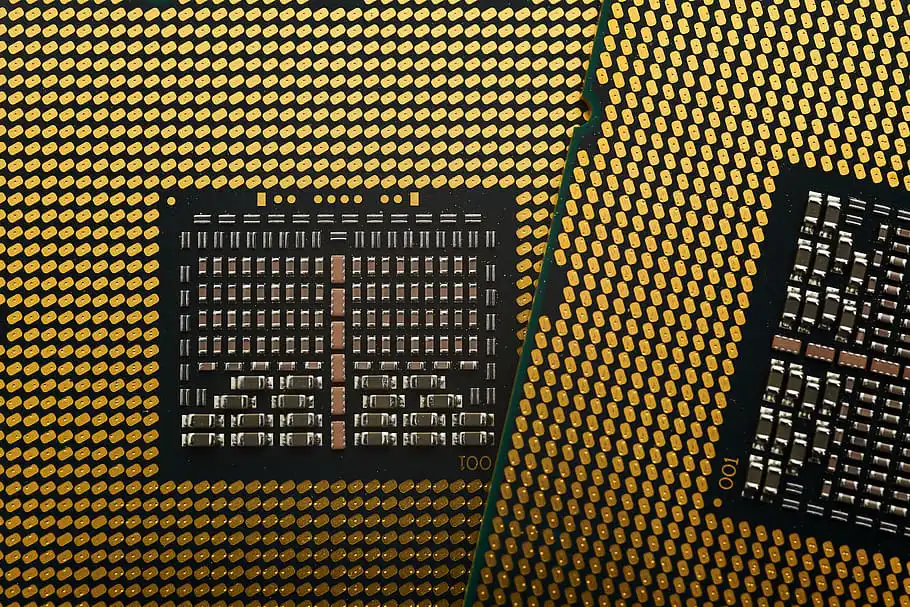Sam Altman, the renowned entrepreneur and president of Y Combinator, is known for his rare insights on artificial intelligence (AI). Recently, he highlighted his views on this technology's impact, primarily focusing on the labor market and job displacement.
Sharing his thoughts during an interview with CNBC, Altman affirmed the rapid advancement of AI. He anticipates this progress will usher in significant changes in major sectors. The speed at which AI is developing may surpass human comprehension, invoking both excitement and trepidation for the future.
However, Altman's assertions diverts from the general narrative around AI. While many consider AI as an impending job threat, Altman offers a slightly different perspective. He believes that AI may displace several jobs but anticipates new jobs taking their place.

Altman's optimism emerges from his faith in people's creative capacities. He says that the human brain exhibits a knack for creativity, and its limitless potential can't be replicated by machines. This creativity, he posits, will serve to create new job roles.
Despite his optimism, Altman is not ignorant of the risks associated with AI. Disruption brought about by AI could lead to massive job displacements worldwide. Industries such as transportation and manufacturing, heavily relying on manual labor, could be particularly affected.
Nevertheless, he believes in a kind of societal evolution, stimulated by AI's advancements. He cites examples from history where technological innovations like the Industrial Revolution, though initially disruptive, ultimately spurred societal progress and the creation of new job roles.
Still, Altman hints at the necessity of government support during periods of extensive change. Specifically, he raises the idea of a universal basic income. This economic model could provide a safety net for those affected by job displacement as new opportunities evolve.
However, Altman acknowledges his proposed solution is not without challenges. A universal basic income could result in some people ceasing to work, creating an economic imbalance. Yet, from a humanist perspective, it may serve as a critical buffer during the transition period.
At the heart of Altman's argument lies the optimistic belief that AI can play a defining role in societal progress. He trusts in the human ability to adapt and evolve along with technological advancements.
Moreover, he notes the importance of preventive measures to mitigate AI's potential harm. The solutions, such as universal basic income, though not perfect, may provide a roadmap for navigating the AI-driven job landscape.
Altman’s faith in humanity’s resourcefulness is inspiring, especially when juxtaposed against the uncertainty invoked by AI. His belief in our adaptability in response to major technological shifts gives hope for managing future labor market changes.
He also recognizes that as AI and automation reshape the job market, it will be crucial to retrain workers for the emerging job roles. This training will be a significant factor in securing employment stability in future.
Altman's views serve as ground for nuanced conversation about AI's impact on society. They prompt us to think about the vast potential of this technology, and simultaneously, its threats.
Furthermore, his suggestions advocate for a balanced approach to AI and its effects on the job market. He underlines creative thinking and adaptability as two integral qualities that human workers must bolster to succeed in the era of AI.
Altman's optimism and faith in human resilience strike a chord with many AI advocates. However, it's crucial to remember that his views, although intriguing, are based on assumptions that need rigorous testing and validation.
Furthermore, as we delve deeper into the era of AI, it is also critical to consider the ethical and moral implications of job displacement. Governments and corporations alike have a role to play in managing this transition responsibly.
In conclusion, while Altman's perspective is encouraging, considerable caution and preparedness for the unknown future are essential. With AI poised to significantly redefine our lives, an informed, proactive, and balanced approach will be key to managing its impact effectively.
As each day brings new developments in the field of AI, Altman’s insights are timely. His take on AI provokes us to think about its promises and perils, urging us to adapt strategically to this epoch-making technology’s changes.
Altman, through his enchanting AI narrative, offers an insightful approach to tackling its challenges. His views on AI's future, though unique, remind us of the proverbial dilemma we face: the same technology that offers immense possibility can also carry significant risks.